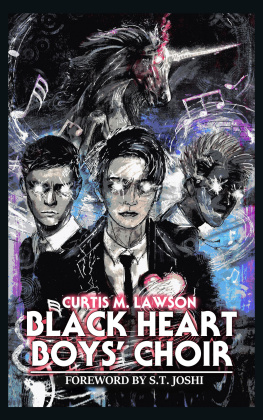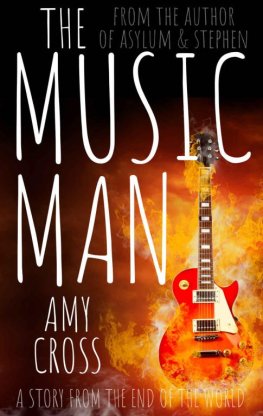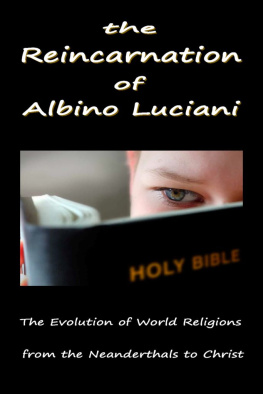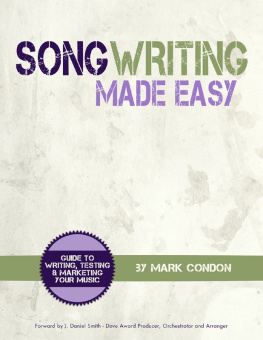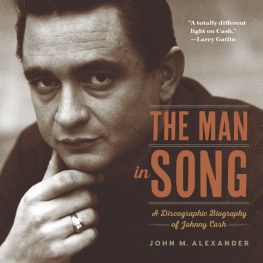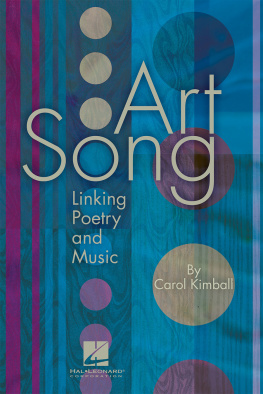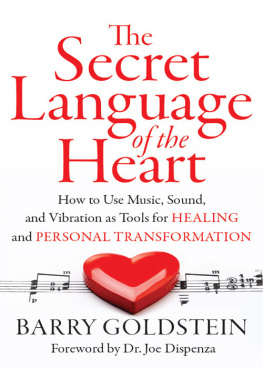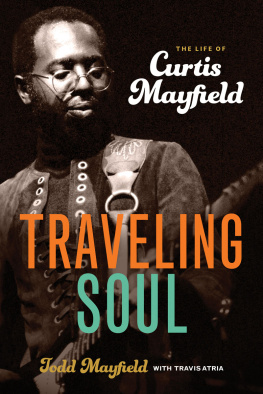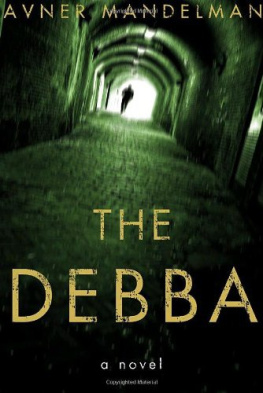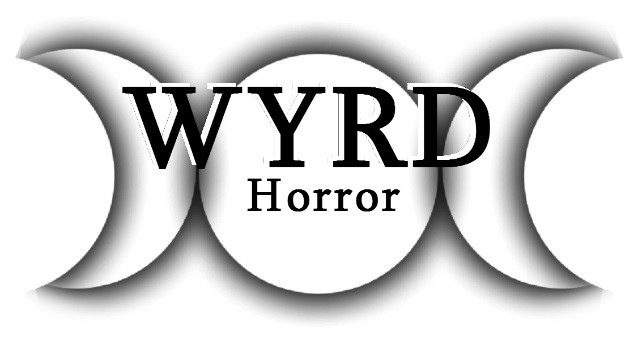BLACK HEART BOYS CHOIR
CURTIS M. LAWSON
FOREWORD BY S.T. JOSHI
COVER ART BY CARRION HOUSE
This book is a work of fiction. People, places, events, and situations are the product of the authors imagination. Any resemblance to actual persons, living or dead, or historical events, is purely coincidental. No part of this book may be reproduced, stored in a retrieval system, or transmitted by any means without the written permission of the author.
Copyright 2019 Curtis M. Lawson
All rights reserved.
Acknowledgements
Dedication:
To Robb Kavjian, who walked the razors edge with me, and to Louis Boulanger, who helped keep me from falling off.
Acknowledgements:
My deepest and most sincere thanks to S. T. Joshi for his support and guidance, Gregor Xane, Andrew Boylan, and Robb Kavjian for serving as sounding boards, and to Christine and Tristan for their love and patience.
Foreword
T he fusion of music and weirdness has been a slim but consistent thread in literary history. H. P. Lovecrafts The Music of Erich Zann (1922) is perhaps the best-known example today, but there are many others, ranging from J. Meade Falkners The Lost Stradivarius (1895) to Algernon Blackwoods The Human Chord (1910). E. T. A. Hoffmann (17761822) was both a composer and an author of weird fiction, his work was the basispartial or completeof such musical works as Tchaikovskys The Nutcracker, Offenbachs Tales of Hoffmann, and Wagners Tannhuser and Die Meistersinger. Hoffmann wrote an opera based upon Undine, the short novel published in 1811 by his friend Friedrich Heinrich Karl, baron de La Motte-Fouqu; but it does not appear as if he incorporated musical elements into his own weird tales. From a very different perspective, rock bands of all sorts have drawn inspiration from Lovecraft and other authors of supernatural fiction, in ways both hackneyed and creative.
Now Curtis M. Lawson has, in Black Heart Boys Choir, created a mesmerising tale of music and terror that can take rank with any of its predecessors. The supreme difficulty of writing about music is, of course, the utter divergence of the two media; perhaps the divergence is a bit less extreme in the case of vocal music, since such works are manifestly designed to appeal both to the musical and to the verbal imagination. Even so, as any music critic can tell you, trying to describe the effects of a musical composition by means of words is often a hopeless task. And yet, Lawson has created a striking narrative that brings to life the latent terror of a piece of music that may have the potential to tear apart the fabric of creation.
But there is a great deal more going on in Lawsons narrative than the horror of a possibly supernatural musical composition. His portrayal of high school life, with its inevitable cliques, bullying, and personal traumas (academic, sexual, and otherwise), is both grim and poignant, and many will be able to relate to his depiction of a cadre of loners and outsiders who seek the ultimate revenge on their rivals. The central figure in the text, Lucien Beaumont, reveals the many sides of his conflicted personality through his own words, carrying the reader on in appalled fascination as he advances (or descends) into psychosis.
I myself sing in a community choirthe Northwest Chorale, in Seattleand have composed both instrumental and vocal music, so I received a particularly powerful jolt from Black Heart Boys Choir. But no knowledge of music is needed to appreciate this skilful novel; all one needs is an awareness of the torments that beset many youths in this land, and an appreciation of the spectacular violence of which they are capable.
S. T. JOSHI
Prelude: Goetia in A Minor
T he end of the world, in my experience, is a microcosmic event. It is an intimate experience rather than the cold and dry ultimate chapter in history. Armageddon is not a pandemic wiping out mankind; it is one mans illness driving him to a makeshift gallows. Ragnarok is not a final war but the pain and fear of a single soldier bleeding out, far from home. And divine retribution is not the indiscriminate flooding of a world but personal, up-close violence against the guilty.
The end of the world, as it expresses itself at this place and in this time, is set to music. My choir sings as one, and bodies fall around us, each a universe unto itself, now forever extinguished. Brimstone hail rips through arteries and organs. Our voices shatter bone and coax blood from every orifice. All the while Amduscias, rising from the burning pit below, greedily sups upon death.
If this night is remembered, history will judge it as a mass tragedy of nameless victims, but it is so much more than that. Each death, when you think of it, is cosmic in proportion. For every microcosm destroyed, a shockwave echoes out across familial bonds and through the collective consciousness of man, wreaking havoc across countless vistas of reality.
The ashes of our sheet music blow across the floor, but with each drop of blood and every scream Amduscias, our infernal conductor, reveals a new note. We are not immune to the disastrous hymn we sing. Burning hail tears at our flesh and shreds our insides, but our voices stay strong. No one sings too sharp or flat. No one loses time. Theyve come such a long way, my choir.
Richard Wagner once proposed the construction of a theater on the Rhine for the performance of his Ring cycle. The four operas, performed on consecutive nights, would be concluded with the theater in flames. A perfect cadence.
Like Wagners dream, our final theater is in flames. Disco lights and the amber glow of hellfire refract through stagnant water wept from iron pipes above. The sprinklers are impotent against the inferno, but the droplets glow, like hellish faeries, adding a deeper layer of theatricality to our performance.
Our victims flee in rudderless panic. They trample the dead and dying, all pretense of virtue and morality squashed beneath the threat of oblivion. I hope that a few among them might look around before their deaths and see themselves as I doa gathering of vermina writhing ratking.
Ari Coles face explodes, and bloody tears of satisfaction roll down my cheeks. One note resolved. Asher, our fearless percussionist, falls dead upon his final snare hit of the crescendo. His death howl is another note brought into discord.
F, twice below middle C, accompanies my sustained D sharp, and I feel some organ burst behind my ribs. Im dying. Of that there is no doubt. The song is nearly complete, however, and I will sing until this body fails. Even as the reapers scythe teases my face, I have no fear. I shall be immortal in my art, the best parts of me captured in stave and song. Neither death nor Hell can undo that magic.
Soon Amduscias, my muse and betrayer, will try to sup upon my synaptic end. He will find nothing, though, but a dead, black heart. My world ended years ago, long before this night of victory and suffering. And thats what this story is really about, isnt it? How one persons suffering can amplify and resonate like a song shared with the world.
First Movement: Black Unicorn Sonata
Chapter 1
T he first fifteen years of my life speed before my vision. Most of it is inconsequential humdrum, alongside minor tragedies and snippets of happiness, though Im able to pick out highlights here and there.
Next page
